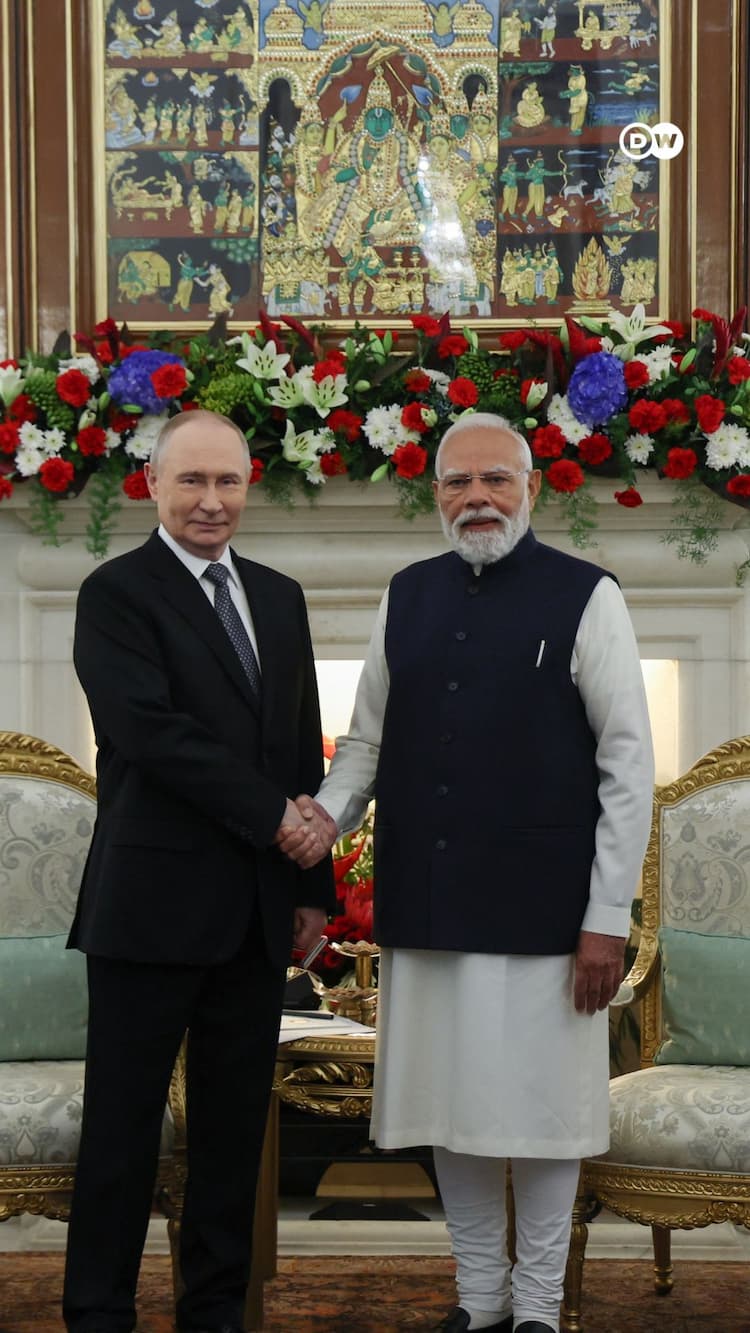What's the connection between a 17th century poet & the film 'Wake Up Sid'?
Have you ever found yourself humming the haunting lyrics of 'Bulleya' from 'Ae Dil Hai Mushkil' or the thought-provoking 'Bulla Ki Jaana Main Kaun' by Rabbi Shergill? If yes, you've already encountered the powerful voice of Bulleh Shah, one of the most iconic Sufi poets of the 17th century. But who was he, and why does his name echo so often through Bollywood’s music?
Let’s unravel the mystique behind this legendary figure whose timeless poetry continues to inspire generations.
Bulleh Shah: The Sufi poet who challenged norms
Bulleh Shah was born in 1680 in Uch Sharif, Punjab, during a time of deep religious divide. He grew into a poet, philosopher, and Sufi saint who used his verses to question rigid religious practices and societal norms. His poetry—written in Punjabi—spoke of love, equality, and spiritual awakening.
Rather than align with any one religion, Bulleh Shah focused on the universal human experience. His verses encouraged people to look inward and seek god within themselves, rather than through ritualistic or dogmatic means. This message of inner truth and rebellion against orthodoxy made him a radical voice in his time and a timeless one in ours.
Inayat Shah: The humble gardener who became his guide
At the heart of Bulleh Shah’s spiritual transformation was his deep connection with his murshid (spiritual teacher), Inayat Shah, a humble Arain gardener from Lahore. Despite belonging to a lower social class, Inayat Shah became Bulleh's spiritual guide—a decision that shocked the elite circles of the time.
Bulleh Shah’s devotion to Inayat was unwavering. He frequently mentions his master in his poetry, calling out with longing, love and complete surrender. Their bond transcended societal norms, symbolizing the Sufi principle that true wisdom and divinity aren’t bound by caste or status.
A dance of ego and devotion
One of the most famous tales from Bulleh Shah’s life highlights the depth of his surrender. When ego caused a rift between him and Inayat Shah, Bulleh found himself spiritually lost. To earn his teacher’s forgiveness, he cast away all pride and danced in public, disguised as a woman—an act of complete humility and love.
This moment wasn’t just symbolic; it reflected the essence of Sufi philosophy losing oneself to attain the divine. It is this depth of feeling that modern-day composers and lyricists try to capture when referencing Bulleh Shah in music.
Why Bollywood keeps coming back to Bulleh Shah
Bollywood has long been drawn to Sufi themes love, longing, self-realization and Bulleh Shah's poetry captures all of these with raw, lyrical beauty. His verses blend seamlessly into soulful compositions, giving emotional weight and spiritual depth to cinematic storytelling.
Through songs like 'Bulleya', filmmakers tap into the eternal themes of identity, heartbreak, and divine connection reminding us why Bulleh Shah’s voice still echoes across centuries.









